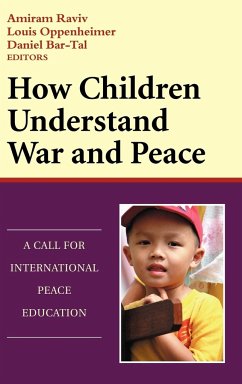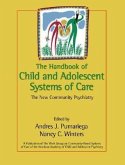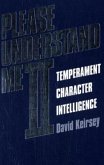How Children Understand War and Peace If we had a better grasp on how children and adolescents develop ideas of war, conflict, and peace, would it be possible to consciously influence these concepts toward more peaceful orientations? Would it then be possible to integrate these psychological findings into educational programs throughout the world? How Children Understand War and Peace is a landmark book that examines these two vital questions and provides a solid framework on which to build answers. Written by an international panel of experts in the fields of developmental, social, and educational psychology, How Children Understand War and Peace presents a collection of the most current thoughts and insights into how children and adolescents develop an understanding of war, conflict, and peace. Based on research studies done in Australia, Canada, Finland, Holland, Israel, Portugal, Northern Ireland, Sweden, and the United States, this comprehensive volume presents evidence that perceptions of war and peace formed during childhood relate directly to adult perspectives on these critical issues. The contributors present persuasive evidence that our knowledge about how youngsters from around the globe develop and form worldviews can be used to create educational programs that teach children peace education, conflict management, and conflict resolution. How Children Understand War and Peace is an indispensable guide for psychologists, educators, and anyone concerned with building a solid foundation for a more peaceful world through knowledge and education. What Children Can Teach Us and What We Can Teach Children How Children Understand War and Peace offers an international perspective on how the concepts of war and peace develop in children and how, through overt teaching of conflict resolution and peacemaking skills in schools, a more peaceful world could be created. "I welcome this important new book. The editors and contributors have given us a new and valuable account of how young people understand the essential issues of war and peace. Not only is this a large step forward in the study of child and adolescent social cognition, but, in addition, the knowledge base in this book suggests ways to educate the younger generation toward more peaceful resolutions of dangerous social conflicts."--William Damon, professor and director, Stanford Center on Adolescence "The first comprehensive overview of current research on children's understanding of peace, conflict, and war, this book shows the richness of children's understanding in its sociocultural context. It challenges us to think deeply about the connections between human development, war, and peace and about how to educate for a culture of peace."--Michael G. Wessells, professor of psychology, Randolph-Macon College "This comprehensive book discusses research on how peace, conflict, and war are interpreted by youngsters from different cultures and how such knowledge can help educators contribute to building peace. Anyone interested in peace and conflict, child development, and education will find many useful insights and a wealth of diverse approaches for working with children in this important new book."--Åke Bjerstedt, professor emeritus of education, Lund University, Sweden "This landmark book will help open the way to advances in research on the development of children's conceptions of peace and on the practice of peace education." --Milton Schwebel, editor, Peace and Conflict: Journal of Peace Psychology
Hinweis: Dieser Artikel kann nur an eine deutsche Lieferadresse ausgeliefert werden.
Hinweis: Dieser Artikel kann nur an eine deutsche Lieferadresse ausgeliefert werden.








